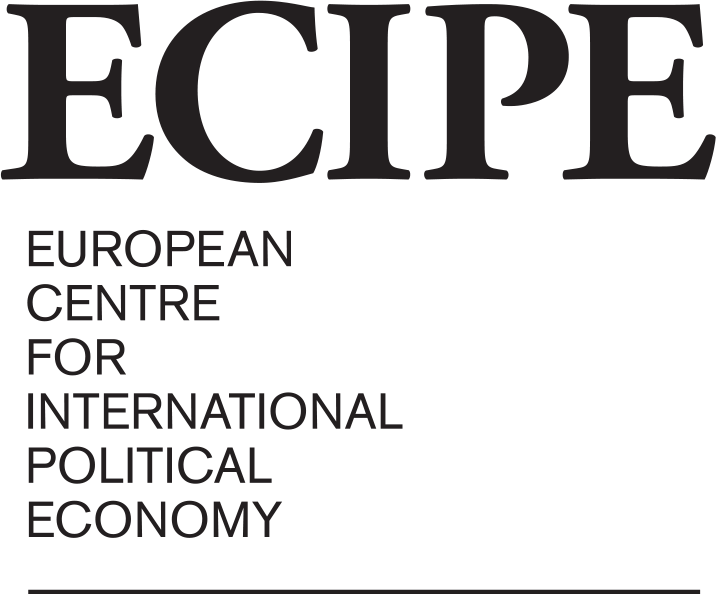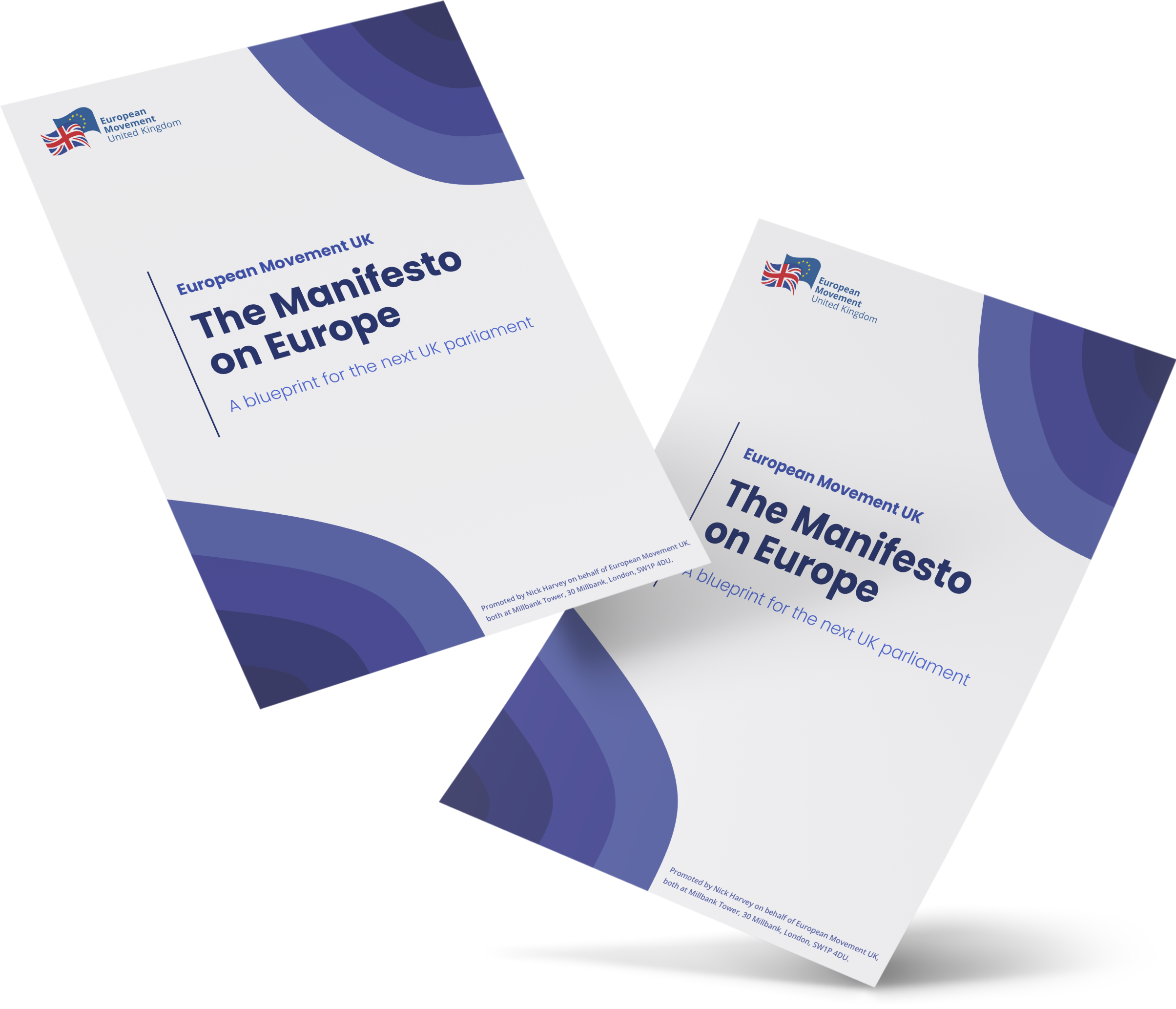
Tories: unfit for office, unfit for opposition
Based on the evidence so far, it seems the Tories are as unfit for opposition as they were for office – and they only have themselves to blame, writes Bremain Chair Sue Wilson MBE for Yorkshire Bylines.
On 4 July, the Conservatives suffered their worst election defeat in history, with a loss of 250 seats. After 14 years in power, and with his party way behind in the polls, Rishi Sunak called a snap election. The resulting disastrous campaign did nothing to change the government’s fortunes or their standing with the British public. Their time was finally up.
For the beleaguered party, the best that could be hoped for was a rejection of far-right policies and that lessons might be learned. Recent behaviour in the Commons by certain shadow cabinet ministers would suggest that they haven’t learned a thing.
So that "constructive opposition" thing lasted about five minutes pic.twitter.com/nLXwtUatNY
— Adam Bienkov (@AdamBienkov) July 20, 2024
“Constructive opposition”
Last Friday, new appointees were added to the shadow cabinet by Sunak, bringing the total number of shadow cabinet ministers to 51, or 42% of the total number of Tory MPs. Such is the dearth of MPs and ministers that 10 of those new appointees are being tasked with two or three different roles.
If the British public had been expecting better parliamentary behaviour from the Tories in opposition than in government, then we had set our sights too high. While many shadow cabinets ministers are new to the role and could be forgiven for failing to understand parliamentary rules and customs, it is those more experienced members who are causing discord in Westminster.
The worst examples of recent bad behaviour were to be witnessed during a speech by Environment Secretary Steve Deed. Steve Barclay, the shadow environment secretary, was critical of Labour plans for on-shore wind farms. Barclay said that the government planned “to take vast amounts of farmland out of food production in order to prioritise the eco-zealotry”. During his response, Deed denied a number of interventions from front-benchers Barclay, Kemi Badenoch and Victoria Atkins. Badenoch and Atkins, did not take it well.
Abominable behaviour
While Badenoch may have had a dig at Reed during his speech, it was Victoria Atkins, shadow health secretary, that took bad behaviour to another level. Standing at the despatch box, she repeatedly spoke over the environment secretary, breaking the Rules of Order and Decorum in House of Commons Procedure and Practice. The rules state that when a member is addressing the house, “no other Member may interrupt except to raise a question of privilege which has arisen suddenly or to raise a point of order”.
The behaviour was widely criticised by MPs, and eventually, by the deputy speaker, Christopher Chope, who said Atkins had “behaved abominably”. A response later supplied by Atkin’s office said she was merely “trying to get answers”, as if the ends had justified the means.
Hope Victoria Atkins MP is seeing the backlash on her behaving 'abominably' in Parl with many calling her out
Lib Dem MP Helen Morgan
"I witnessed this first-hand. The Conservatives proved the electorate got it right: they are not fit for government" https://t.co/2BSk40ZJey— BremainInSpain (@BremainInSpain) July 20, 2024
Badenoch, bad enough
In the debate that followed the King’s speech Kemi Badenoch, shadow levelling up secretary, launched an attack on Deputy PM Angela Rayner from the despatch box. In a speech that has been described as “patronising”, “disgraceful” and “unprofessional”, Badenoch told Rayner that she had been “stitched up” and made a “fall guy” by the Labour government. She offered to “hold her hand” at this “very difficult time”, and said she looked forward to telling Rayner “I told you so” when the new government repeated the mistakes of the old one.
I hope Kemi Badenoch becomes the next Tory leader
Why?
Because she’s arrogant and condescending and will put off the majority of Tory voters who are left
That’ll mean Tories will be out of office for at least 10 yrs! Marvellous
Happy Sunday 👍🏼
— Carol Vorderman (@carolvorders) July 21, 2024
The recent behaviour of both Atkins and Badenoch – although hardly out of character – has fuelled speculation that, yet again, their focus is on their own political careers, rather than the needs of their constituents. The fact that they believe this kind of behaviour is going to improve their chances in the race for leadership of the party just proves once more how detached they both are from the wishes and needs of the British people.
Tories lacking leadership material
Despite the drop in electoral support for the right-wing European Research Group – down from 107 to 24 MPs – the candidates for Tory leadership are predominantly from the right/far-right of the party. And despite the fact that moves to the right only damaged their election results, they seem determined to repeat the same mistakes.
For some, that move ever closer to Reform UK Party Limited, has resulted in them abandoning the Conservative Party altogether. Suella Braverman – twice relieved of the position of home secretary – is rumoured to be planning to defect to Reform UK, perhaps having accepted that the role of Tory leader is not within her grasp. She wouldn’t be the first Tory MP to defect to the party (sorry, company), or likely the last.
Tories promise to take their tole as Opposition seriously but so far:
🤞Braverman is said to be on brink of defecting,
😊Badenoch gave a crazy shrill speech
😂Atkins went full on bananas in the Commons and
🕵️♀️The party can’t even decide how to hold a leadership contest— Chris Bryant (@RhonddaBryant) July 20, 2024
At a time when world leaders, and the British public, are welcoming a change of tone and attitude in Westminster, and Prime Minister Keir Starmer is as popular as Boris Johnson ever was, the Tories are still clinging to old, failed ideas.
It was clear during the election that they were fighting the wrong battles. They focused on trying to retain the attention and support of those on the right/far-right while ignoring the much bigger threat from the centre/left, and it cost them dearly.
The often-tetchy Sunak now seems far more comfortable is his new role than in his previous one. When he first appeared in the Commons on the opposite side of the House, he promised the Tories would “fulfil our duties as the loyal opposition, professionally and effectively”. He may have even believed it, or at least hoped that someone, anyone, in his party would take note and adjust their behaviour accordingly. Based on the evidence so far, it seems the Tories are as unfit for opposition as they were for office – and they only have themselves to blame.













